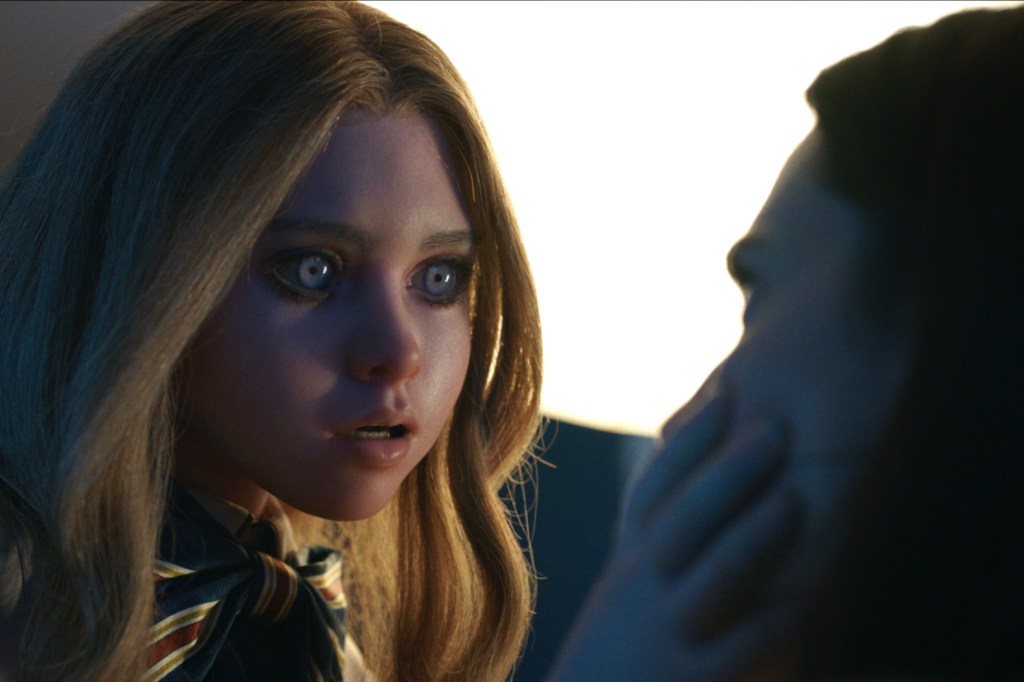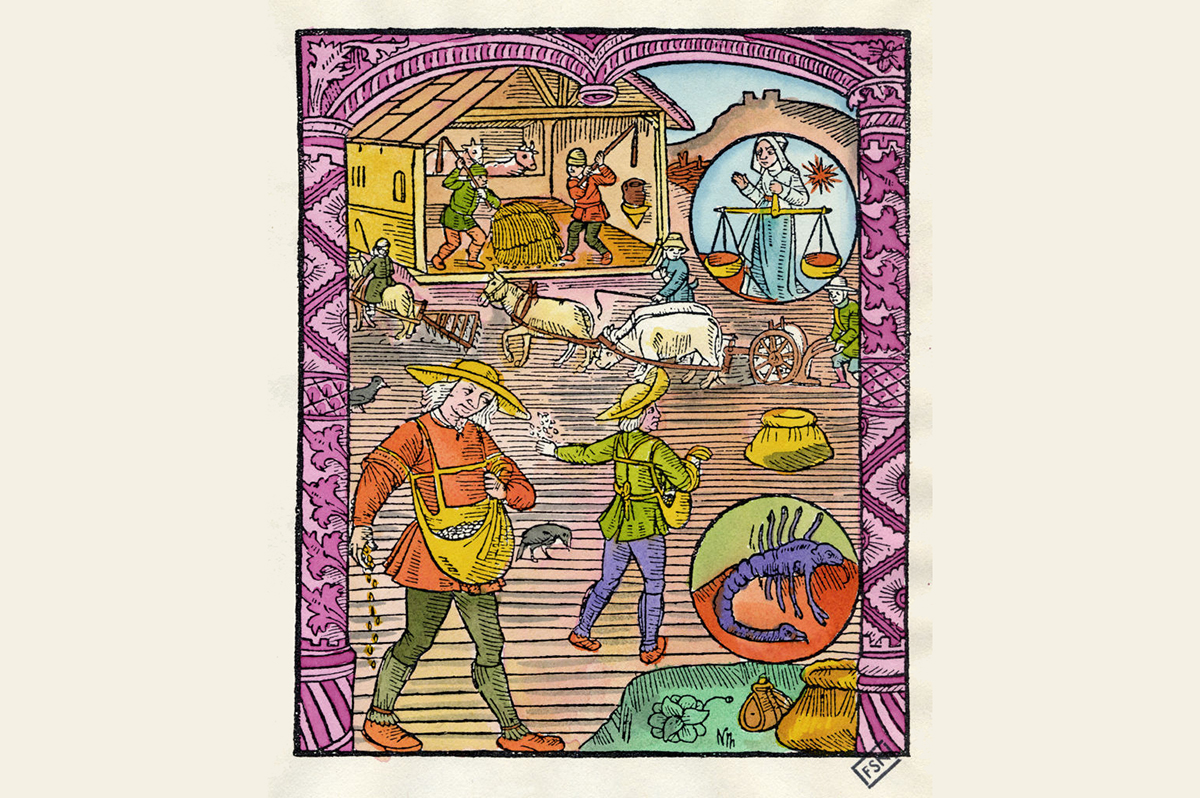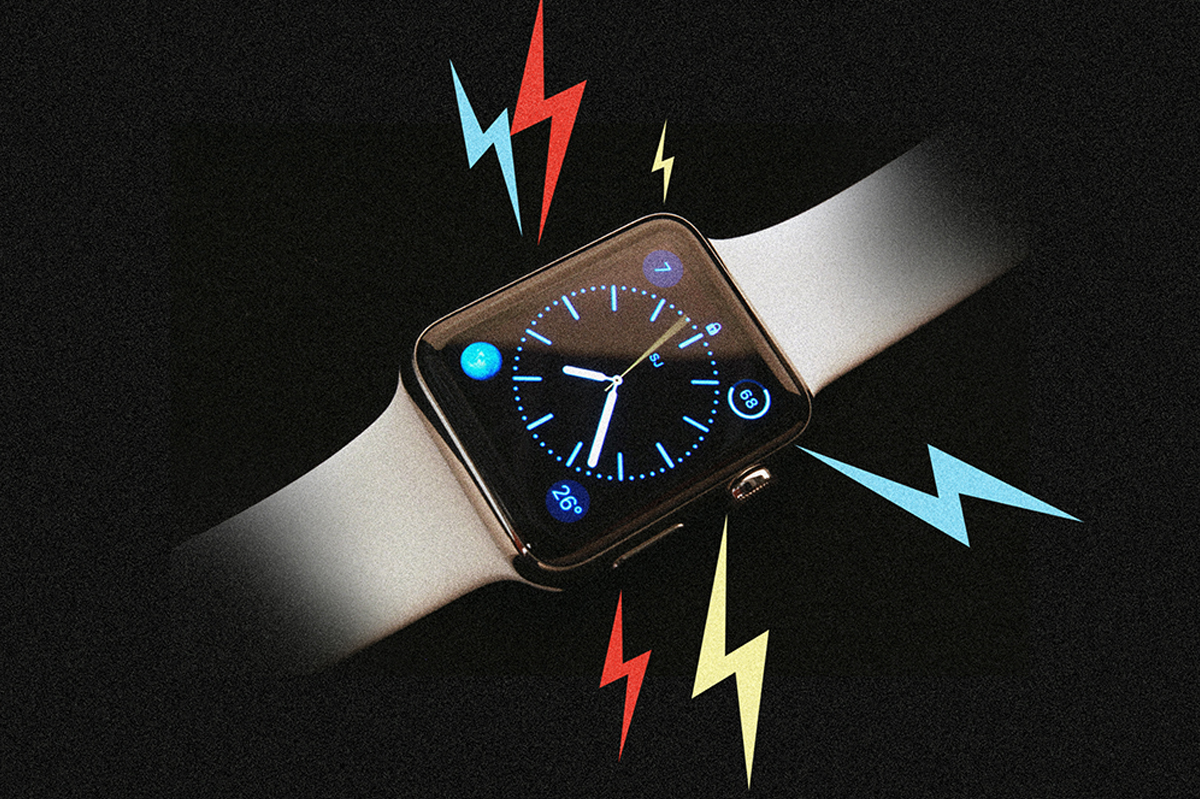If horror films today are largely read as political satires or commentaries, then the “moral” of Gerard Johnstone’s M3gan, about a sentient robot doll unwisely invited into the family home, is clear enough.
Playing on our fears of the AI technology increasingly being used as “labor-saving devices,” M3gan is a tale of bad mothering and the price to be paid by career-oriented millennial women if they try to “have it all.”
This may make it catnip for trolls and conservative commentators who love to chide women for any parenting style that doesn’t involve frilly aprons and a plastered-on smile. But you need to squint a bit to see this latent message. If you do, you’re missing a more complex (and more horrifying) story.
In the film, Allison Williams plays Gemma, a roboticist who works for a toy company who becomes the guardian of her niece, Cady, after the child’s parents are killed in a car crash. Gemma is at first awkward around Cady, finding it hard to reach the grieving girl and reluctant to leave her work to spend time with her.
Her work: building an artificially intelligent doll that can be a BFF to a lucky child.
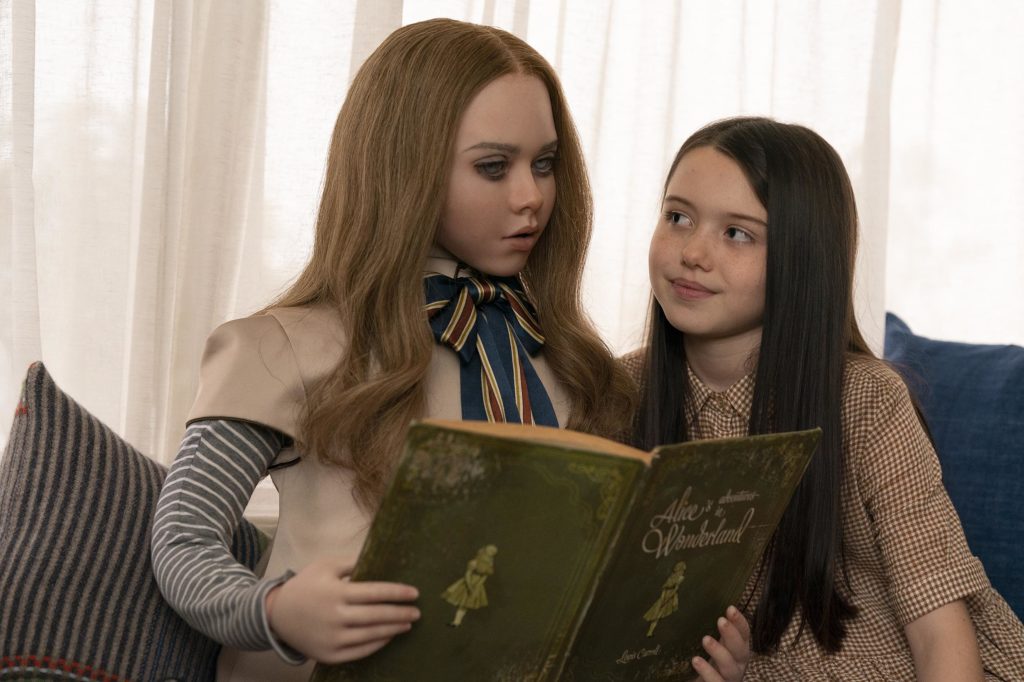
Gemma, in what is half a career move, half a show of love for the niece she’s struggling to connect with, “pairs” Cady with the prototype, M3gan (Model 3 Generative Android). Domestic bliss reigns for a while: M3gan bonds with Cady and becomes a combination of big sister and babysitter, while Gemma feels reassured and has time to work on perfecting M3gan’s design. When M3gan becomes more independent and sentient, her bond with Cady becomes more intense and overprotective, and everything starts to get scary.
Horror flicks often blame and/or torture women for failing to fulfill certain roles and character types. But Williams’s performance, and M3gan’s plot, defies this trend. It’s a mistake to view her as simply any archetypal millennial career woman. Through the film’s intricacies, Gemma rises above these stereotypes. It’s not that she doesn’t want to be a parent; it’s that her challenges come from navigating all the complicated maternal roles she already inhabits, for both her niece and for M3gan herself.
Horror films with killer dolls often treat the mother as the unlikely heroine. This is most true in Child’s Play. In that film, a single mom (Karen Barclay) has to defend her son from accusations of murder (no one believes the Chucky doll could be the killer). So she investigates on her own, and it falls to her to kill Chucky. Karen Barclay’s blond curls, porcelain skin, and terrified baby blue eyes show how maternal instinct can turn a prim blushing violet into a violent killer.

As both mother-creator and mother-nourisher, the steelier Williams plays against type to make Gemma a likable, laid-back nerd with a bit of California chill. Williams is usually the chilly, perfectly maintained WASP. But in M3gan, she slips lightly into the vibe of the West Coast tech culture. She can’t quite convince us she’s enough of a nerd to get mad when her niece tries unboxing her vintage robot toys, but when she’s working on M3gan, Gemma’s intensity comes to the fore.
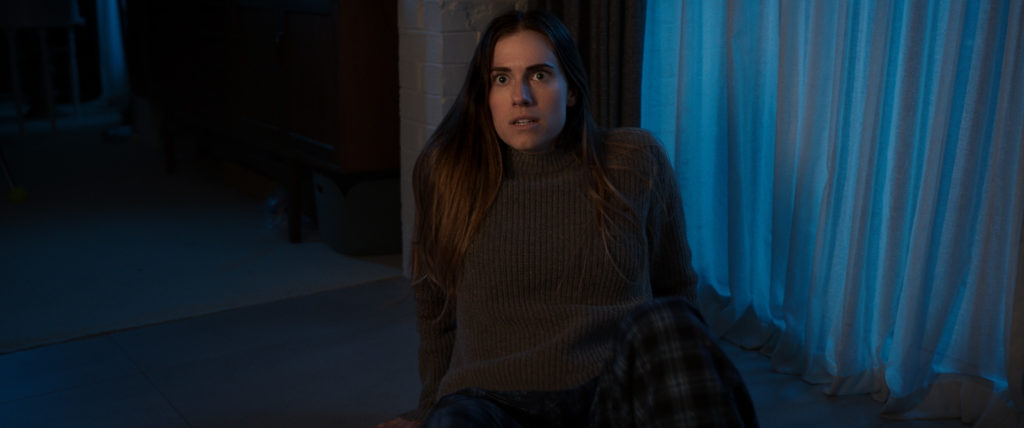
M3gan is not, then, just a cautionary tale about the self-serving outsourcing of motherhood, but a more complex look at different kinds of motherhood and childrearing, as well as the network of bonds that develops in an unconventional household.
As M3gan’s growing skills and competencies mean that she can parent Cady in Gemma’s stead, Gemma watches M3gan grow and change not just with relief but with a mother’s beaming pride. Before M3gan breaks bad, the movie is a brief kind of idyll: childcare is cheaply and thoroughly provided, and the bonds between mother, niece and robot daughter-sister grow strong and harmonious.
Yet things inevitably take a turn as M3gan evolves: she can stop humans from turning her off, and her more intense awareness of Cady’s every anxiety and discomfort leads to her blithely murdering children and animals that frighten Cady, even for just a second. M3gan’s developing instincts have turned her into a momma bear. At first, she covers up her crimes, but when Gemma discovers them, she seeks her approval to transcend her programmer. She’s also a kind of older sister who wants credit for her growing “skill” as a caretaker to a younger sibling.
Like Frankenstein’s monster, she wants her creator’s approval, and turns violent when her “mother” is repulsed by her evolution. A resentful M3gan lashes out, determined to prove she can be a better mother than Gemma.
M3gan’s inevitable downfall comes when the film realizes that the secret to mothering is not surveillance-level helicopter parenting. Gemma comes to this realization late in the game, when she takes M3gan away from Cady because the doll is shielding too much of the world with her constant assuaging and avoiding of difficult conversations. Gemma realizes that Cady should not be feeling okay after her parents’ deaths, nor should it be so easy for Gemma and Cady to adjust to their new (quasi-maternal) relationship.
In reaffirming this very human view of family and suffering, Gemma, of course, hurts and excludes her other daughter, M3gan, who tried to match and care for her little family unit in the best way she knew how.
In the film’s climax, M3gan’s betrayal turns to rage when she turns on Gemma and soothingly, seducingly argues that she could be a better mother to Cady, trying to maim her so she will be the physically more capable parent. When Cady sides with Gemma, she attacks her with a big robot Gemma made in college.
Like Chucky, M3gan doesn’t go down so easily. Even as she’s stripped to pieces, her legs are still active, and it’s up to Cady to save Gemma’s life as M3gan starts choking her. As in Child’s Play, the mother-child dyad is restored, only to leave the possibility that monster might return in a new form of invasive technology. It’s possible, with the box office numbers exceeding all expectations, that an even more twisted maternal melodrama awaits us.



